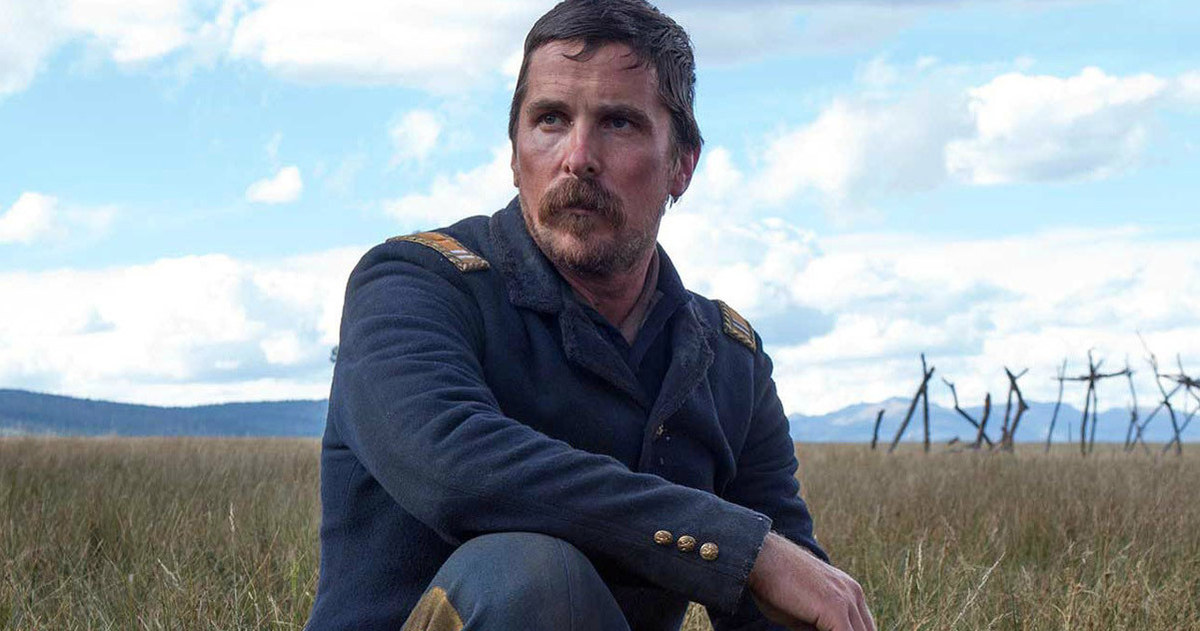
Since the early days of cinema, western films have been recognized as one of the most popular genres and attracted moviegoers for decades. It was clear early on that the western was a fluid genre that could encapsulate all sorts of stories, leading to many different types of interpretations. Such wildly different films include Mel Brook’s comic masterpiece Blazing Saddles, Alejandro Jodorowsky’s acid western El Topo, and romantic epics like Brokeback Mountain.
While westerns continued to maintain their popularity to this day, the genre often receives the same criticisms that it is formulaic or “pulp.” It doesn’t take a lot of digging to find that to be false, and film fans familiar with the history of the genre will know the rich philosophical subtext within western stories. While westerns are largely based on distinctly American stories, many of the best western films ever come from international filmmakers.
There are countless great western films, and there are certainly westerns such as The Magnificent Seven or True Grit that make for great entertainment, but aren’t particularly deep. This list counts down ten of the most philosophically challenging and emotionally complex western films that redefined the genre cliches. Here are ten of the most profound western movies of all-time.
10. Hostiles (2017)
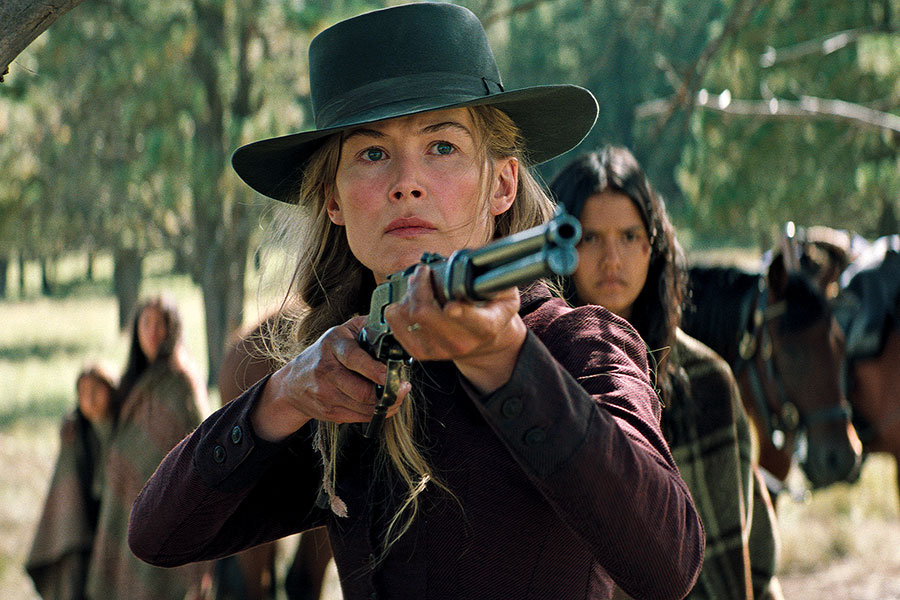
Sometimes films take decades to marinate within the public consciousness in order to be deemed classics, but occasionally a film will come along and announce itself as an immediate mainstay. Many films have attempted to wrestle with America’s sordid history and the inadvertent effects of the western genre itself, but Hostiles does such with an intensity that marries empathy for all the characters with an acknowledgment of the cyclical nature of violence.
What’s impressive about Hostiles is that it frames the conflict between the characters as a generational passing of the torch, and the film avoids cliches about two enemies getting to know each other by showing how Captain Joseph Blocker (Christian Bale) and Chief Yellow Hawk (Wes Studi) are born into a conflict that can only end in annihilation; director Scott Cooper is also keen to not equate the two and emphasize the fact that it was the colonizers that are responsible for the spring of violence. There’s little hope to be found in Hostiles, but it’s rare that a film engages with history so vividly.
9. One Eyed Jacks (1961)
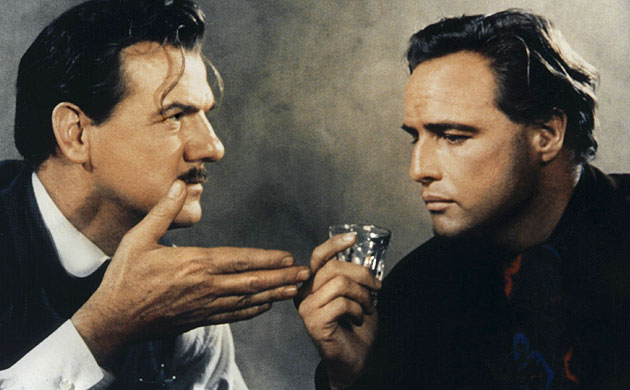
One Eyed Jacks is a film where it is nearly impossible to separate the behind the scenes drama from the end product. It was the only film ever directed by Marlon Brando, who replaced Stanley Kubrick after disputes with Paramount Pictures; Brando was notoriously disillusioned with Hollywood, but he aimed to elevate the western genre with a story of betrayal that was lifted in many ways from his own personal trauma. It’s no coincidence that the film’s villain is named “Dad” when Brando had a fraught history with his own father.
Much of One Eyed Jack’s history is ambiguous, as a lot of the footage was reshot and never saw the light of day, but the version that was released is an interesting deconstruction of how “honor among thieves” can manifest. Brando’s character, aptly named “The Kid,” doesn’t know how to adjust to a normal code of ethics after being betrayed by his partner, and he’s forced to question whether revenge will ever bring him satisfaction. Among other things, the film’s title is also referenced as the name of the brothel in Twin Peaks.
8. The Ballad of Buster Scruggs (2018)
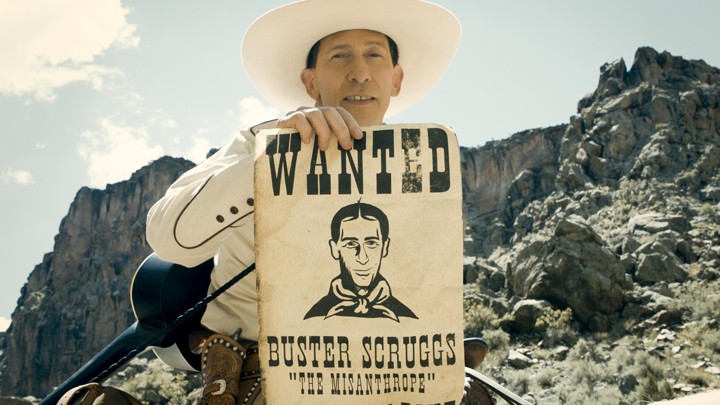
The Coen Brothers are no strangers to the western genre; not only did they remake the classic True Grit to tremendous success, but western iconography is a recurring theme in many of their films, most notably in The Big Lebowski, Raising Arizona, No Country For Old Men, and O Brother, Where Art Thou? With The Ballad of Buster Scruggs, the Coens reflect on the finality of death that exists within all western fables, told across six storylines in anthology fashion. While the stories are only thematically connected, each turns a familiar western genre trope on its head.
Yet, the message of The Ballad of Buster Scruggs is far more nuanced than “death comes for us all,” as they are keen to show the varying degrees of virtue that exist within their characters. For some, such as Tim Blake Nelson’s titular gunslinger, their end is an accepted inevitability that comes from their line of work, but for others, such as Zoe Kazan’s Alice Longabaugh, it comes due to poignant irony. It’s easily among the most visually stunning films of the past decade, and dissects decades of western stories into a neat and digestible series of short adventures.
7. The Treasure of the Sierra Madre (1948)
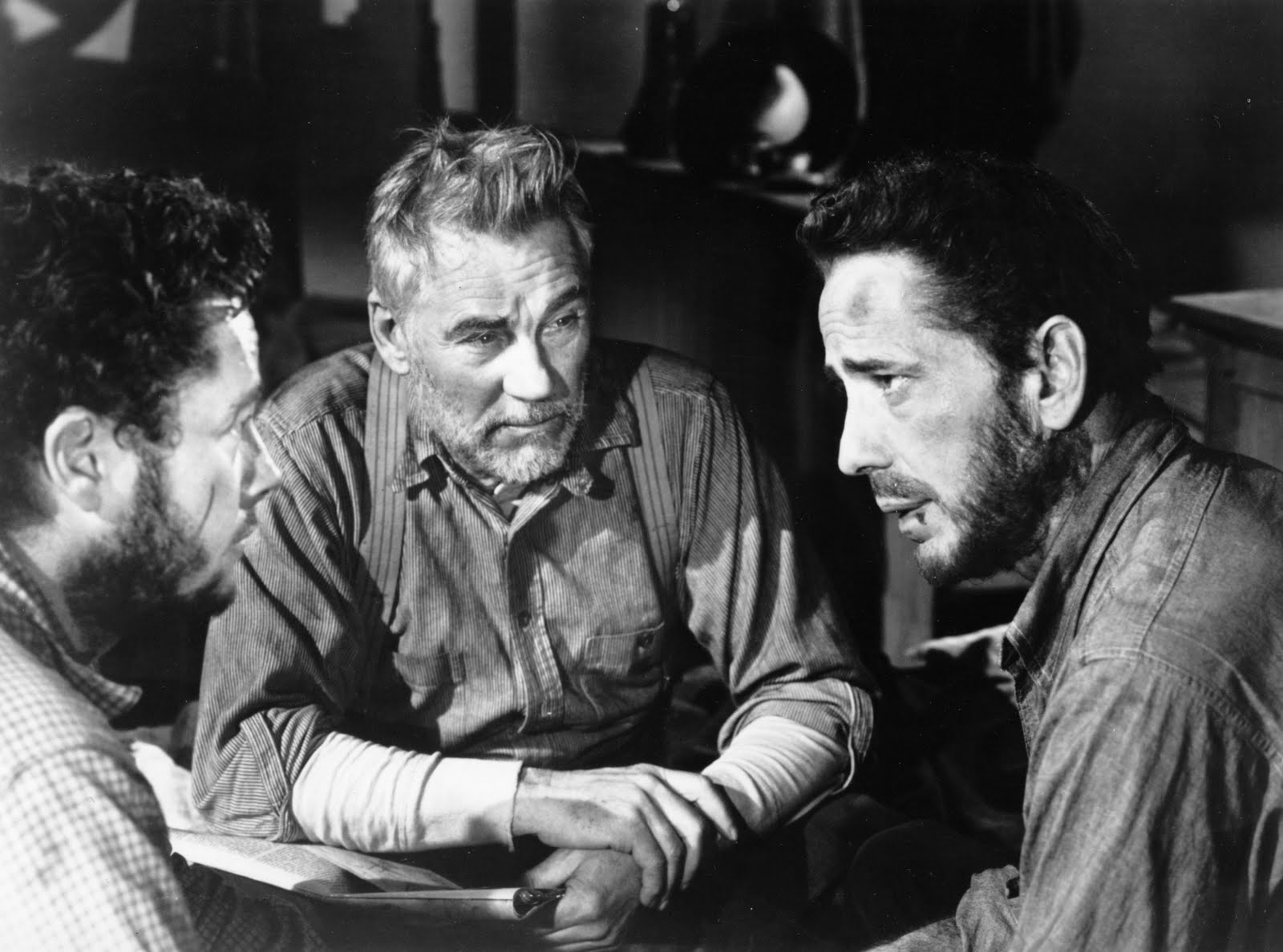
Often cited as the epitome of adventure films, The Treasure of the Sierra Madre works out of the model of serialized 1920s westerns, yet instills the story with a timeless tale of greed and the corruptive power of riches. It’s one of the most perfect embodiments of the hero’s journey ever captured on film because it shows how the search for treasure can bring out the true nature of the characters; for Fredd Dobbs (Humphrey Bogart), it is the adventure itself that is more rewarding than the gold, and for Bob Curtin (Tim Holt), it is the lust for monetary gain that spells his doom.
These aren’t revolutionary ideas, but the legendary John Huston was able to mask the ideas about inherent materialism within an exciting story that tests the characters’ morals at every moment. The irony that their quest itself had no real meaning (because the gold sacks are empty) comes not as a sick joke, but a reformation that the journey was more important than the destination.
6. The Revenant (2015)
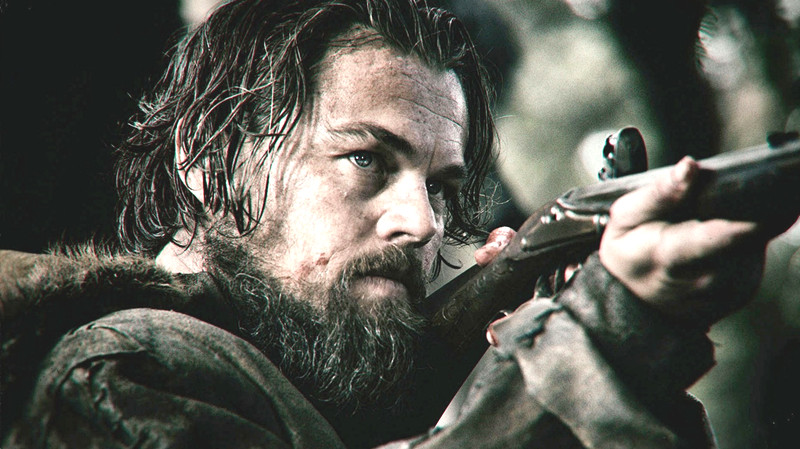
Alejandro Gonzales Inarritu’s The Revenant is a survival thriller in every sense of the word; it’s a film that questions what the inherent value of life is in a world that is bleak and oppressive, and questions whether conflating revenge with purpose can ever be therapeutic. Unlike most revenge films, The Revenant doesn’t see Hugh Glass’s quest as cathartic, yet it’s his desire for justice that allows him to travel on this epic journey.
Throughout Glass’s journey, he’s haunted by ghosts of the past and forced to undergo unimaginable trauma, and Inarritu is keen to show the violence that surrounds the time period as Glass bears witness to the slaughter of indigenious people. Equally entrancing is Tom Hardy’s performance as Tom Fitzgerald, the man who killed Glass’s son, who is motivated by his own personal greed above all else. It turns western tropes on their heads by questioning the motivations of the heroes and villains of history.